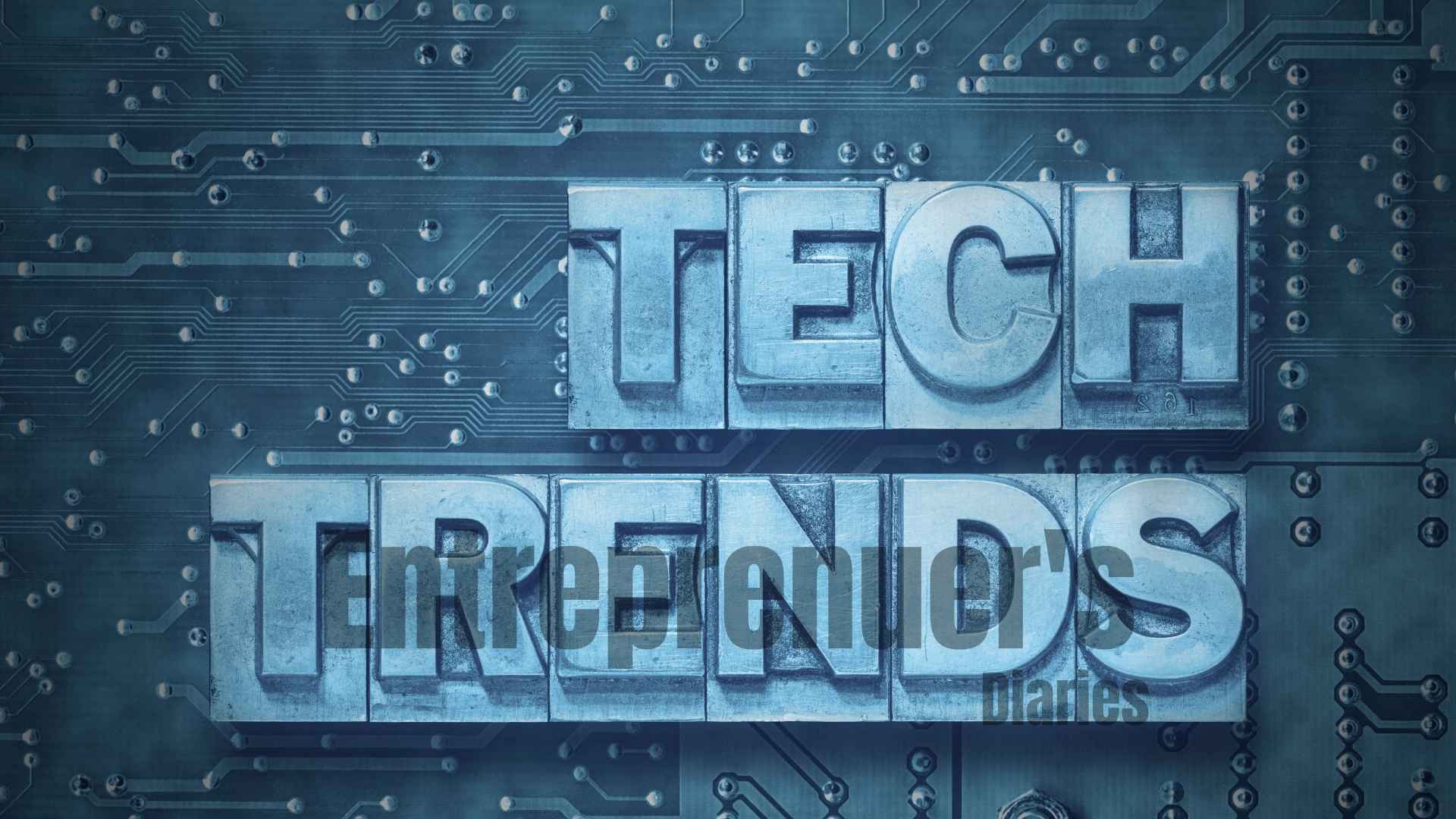Let’s not sugarcoat it. 2025 is shaping up to be one of the most volatile, promising, and downright complicated years in tech we’ve seen in a decade. If you’re building anything products, teams, or capital you need to stop watching the hype reels and start tracking what’s actually reshaping markets.
- AI Is No Longer Just Generating Content. It’s Making Decisions.
- Quantum Computing: Not There Yet, But It’s Coming Fast
- Spatial Computing: Not Just VR Headsets and Hype Anymore
- 5G and 6G: The Pipes Are Finally Catching Up
- Robotics: Welcome to the Age of Contextual Automation
- Synthetic Media: Massive Potential, Massive Risk
- Green Tech: The Silent Giant
- Healthcare: Continuous, Not Episodic
- Neurotech: Wild Promise, Real Warnings
- Cybersecurity and Governance: From Afterthought to Lifeline
- The Bottom Line
Forget the jargon. Here’s what’s real.
AI Is No Longer Just Generating Content. It’s Making Decisions.
Generative AI exploded. Now agentic AI is taking the wheel. It doesn’t just write blog posts or generate images. It acts. It plans, executes, and adjusts based on feedback. That’s not sci-fi. That’s already being baked into enterprise stacks, sales automation, customer service bots, and even coding environments.
According to Simplilearn and Forbes, this is the year agentic AI moves from sandbox to boardroom. If your product relies on manual workflows, you’re already behind.
Quantum Computing: Not There Yet, But It’s Coming Fast
Most of the noise around quantum computing has been academic. But now, companies are quietly experimenting with cryptography, pharma simulations, and materials design. Gartner and Capgemini say we’re entering the pre-commercial window. The tech is starting to solve real-world problems before it’s even fully scaled.
If you’re a founder in fintech, defense, or biotech, watch this space closely. It won’t be democratized anytime soon, but it’ll reshape the competitive field fast.
Spatial Computing: Not Just VR Headsets and Hype Anymore
Here’s what nobody wants to admit. Most VR sucked. Clunky gear, gimmicky apps, motion sickness. Pick your poison. But spatial computing is different. It’s blending the digital and physical in a way that’s finally useful. Think hands-on training in factories, immersive design in retail, or surgical planning in real-time 3D.
Apple Vision Pro and Meta’s new gear are only the hardware layer. What matters is that spatial computing is becoming infrastructure. Especially for sectors where accuracy, visualization, and engagement matter more than screen time.
5G and 6G: The Pipes Are Finally Catching Up
You can’t run real-time AI, autonomous robotics, or large-scale IoT on slow connections. 5G is finally delivering on its promise. And 6G R&D is accelerating. McKinsey and Deloitte say these next-gen networks aren’t just faster. They’re foundational. For smart cities, supply chains, and even creative tools, latency is the new currency.
Entrepreneurs in logistics and mobility should be locked in here. The infrastructure wave is building under your feet.
Robotics: Welcome to the Age of Contextual Automation
If you still think of robots as factory arms doing the same thing all day, you’re outdated. The real shift in 2025 is toward polyfunctional robotics. Machines that can switch contexts, learn tasks, and respond to dynamic environments.
We’re talking about robots that can move from surgical assistance to elder care. Or from warehouse packing to on-site inspections. If you’re in operations or labor-heavy industries, your margin pressure just met its biggest wildcard yet.
Synthetic Media: Massive Potential, Massive Risk
The rise of AI-generated video, voice, and avatars is going to define brand strategy, storytelling, and misinformation alike. You’ll be able to build a virtual brand ambassador or recreate yourself in 3D across platforms. That’s game-changing.
But here’s the kicker. You’ll also need verification layers to prove your content is real. Startups focused on authentication, watermarking, and digital identity management are about to become essential.
Green Tech: The Silent Giant
Everyone’s been talking about climate. But 2025 is when green innovation quietly becomes a competitive edge. Osmotic power, structural battery materials, and AI-optimized grid systems aren’t just research. They’re prototypes moving into production.
Founders in energy, transportation, and materials science have a shot at building category-defining companies. The capital is flowing. And the mission is clear.
Healthcare: Continuous, Not Episodic
Healthcare is moving from reactive to predictive. From hospital visits to wearable ecosystems. Biotech, AI diagnostics, and personalized medicine are changing not just treatment. They’re changing prevention.
The entrepreneurs leading here won’t be selling to doctors. They’ll be selling to systems. Think insurers, payers, and platforms looking to reduce lifetime health costs.
Neurotech: Wild Promise, Real Warnings
If you’re paying attention, neurotechnology is creeping into your feed. Brain-computer interfaces, focus enhancement tools, mental performance trackers. Some of it is brilliant. Some borderline dystopian.
The use cases are huge. So are the ethical landmines. Founders building in this space need more than technical chops. They need legal frameworks, ethical clarity, and risk management baked into the DNA of their product.
Cybersecurity and Governance: From Afterthought to Lifeline
AI is powerful. Quantum is unpredictable. Which means cybersecurity, AI governance, and post-quantum encryption are no longer optional. If you’re building anything even remotely reliant on user data or predictive engines, you’re going to need defense as a first principle.
Startups that ignore this will crash and burn. The smart ones are already treating compliance, auditability, and explainability as competitive features.
The Bottom Line
You don’t have to chase every trend. But if you’re not tracking how these forces are colliding intelligence, immersion, automation, trust, and sustainability you’re not just behind. You’re exposed.
Founders who get this won’t just survive 2025. They’ll set the terms for what comes after.
Connect With Us On Social Media [ Facebook | Instagram | Twitter | LinkedIn ] To Get Real-Time Updates On The Market. Entrepreneurs Diaries Is Now Available On Telegram. Join Our Telegram Channel To Get Instant Updates.
Luca is a tech ethicist from Italy exploring disruptive innovation through a human lens—from AI to biotechnologies to decentralization.






